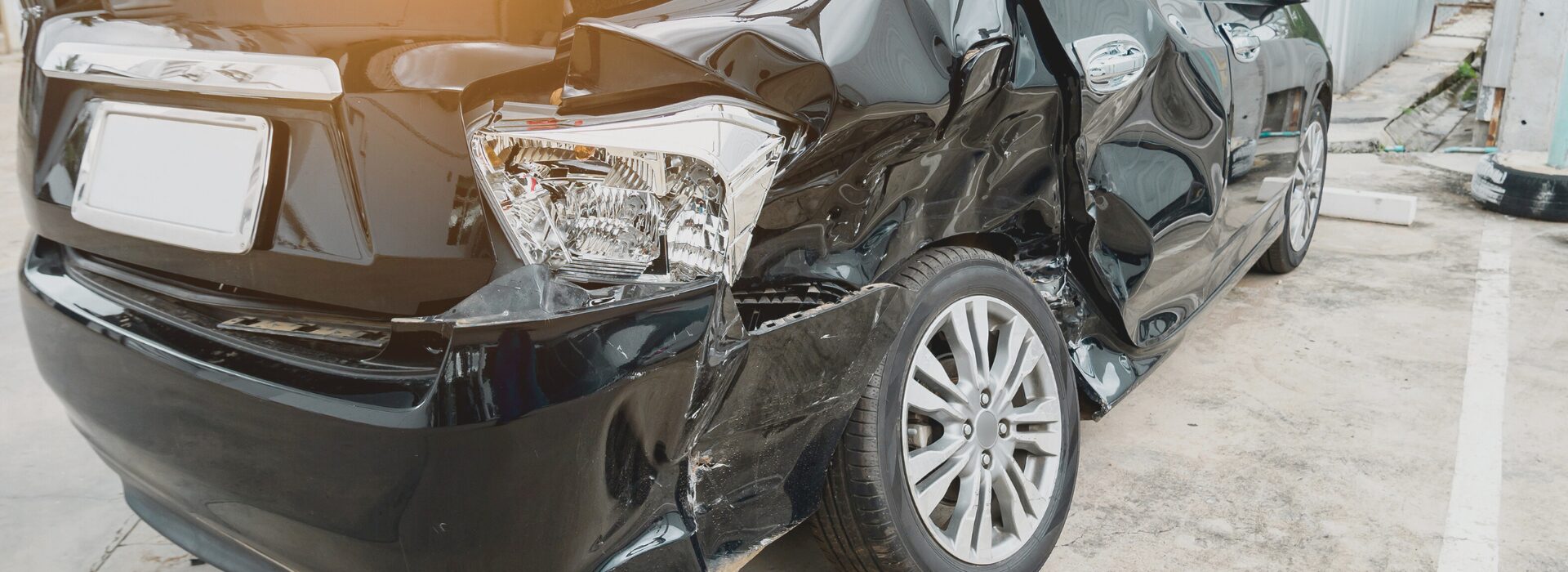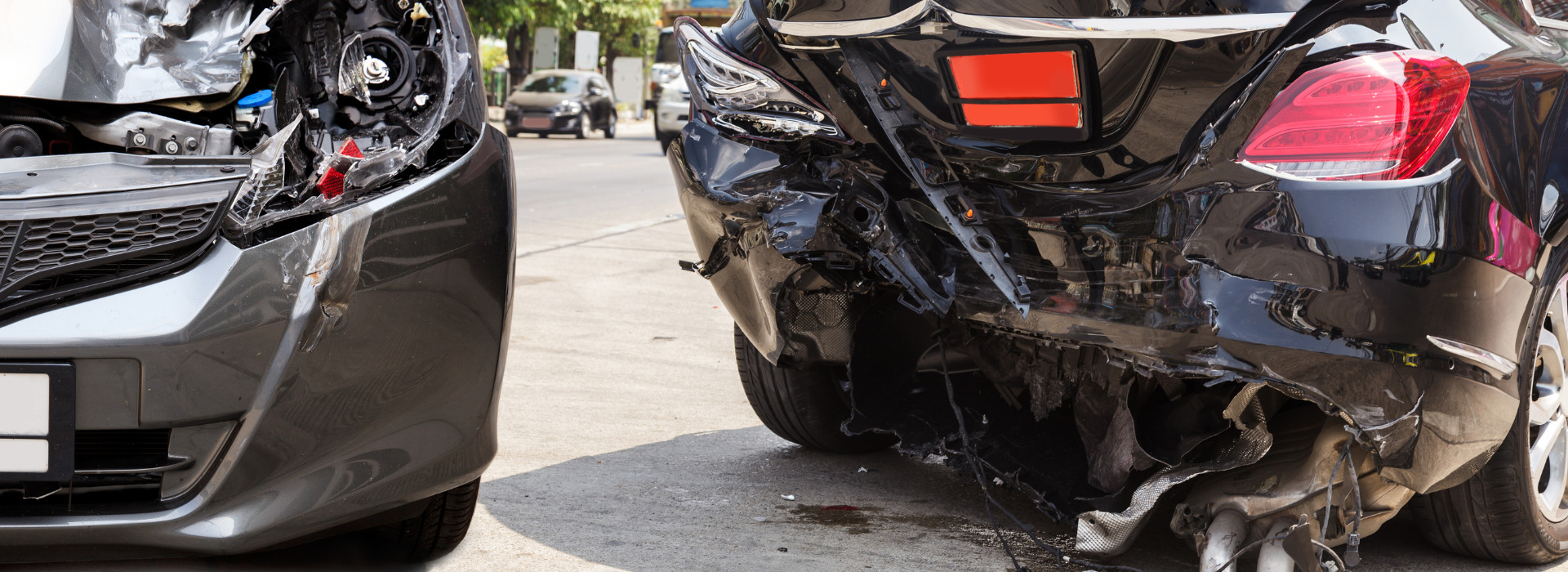If you or a loved one have been seriously injured in an accident, support is available. You may apply for Assured Income for the Severely Handicapped (AISH) if your injury or medical condition is likely permanent and substantially limits your ability to earn a living.
AISH Eligibility
There are several criteria under the Assured Income for the Severely Handicapped Act and the Regulations for qualifying for AISH. You must be 18 years of age or older and not be eligible to receive an Old Age Security pension. You must live in Alberta and be a Canadian citizen or permanent resident.
You may be eligible for AISH if your medical condition is likely permanent and prevents you from earning a living. Your medical condition must be the primary factor restricting you from earning a living, and not factors such as education or training. As an example, if additional education or training may enable you to work with your medical condition, you may not qualify for AISH. You may be eligible for AISH if there is no medical treatment, therapy, rehabilitation or training available that will help improve your ability to earn a living.
You must also meet specific financial criteria to qualify for AISH. These criteria must be met throughout the time you are receiving AISH. You may be asked by the AISH Program for new medical information at a later date to assess whether your medical condition has changed and whether you are still eligible for AISH benefits.
AISH Financial Criteria
To assess your eligibility for AISH, the income and assets that you and your spouse or partner have are reviewed, typically from your income tax forms. You are expected to search for, accept or maintain employment and take suitable training or rehabilitation. You can still work and be eligible for AISH.
You and your spouse or partner must apply for all other income that you may be eligible for such as Canada Pension Plan Disability, employment insurance (EI), or Worker’s Compensation Board (WCB) benefits. If you and your spouse have income or assets higher than allowed by the AISH Act and Regulations, you will no longer be eligible for AISH.
Factors considered in the review of your income include the type of income, whether you are single or have dependent children, and who receives the income. Some income is exempt, meaning it does not affect your AISH monthly living allowance. Examples of exempt income include cash gifts, income tax refunds, Registered Disability Savings Plan (RDSP) payments and Registered Retirement Savings Plan (RRSP) payments.
Some income is not exempt, which means it is counted at full value and deducted from your AISH monthly living allowance. Examples include spousal support payments, employment insurance (EI) income, and Workers’ Compensation Board (WCB) benefits.
Some income is partially exempt which means that part of its value is counted when calculating your AISH benefits. Example of partially exempt income include self-employment income and income paid to you by your employer, such as wages, commission, a training allowance, severance pay, or a retirement allowance. Some assets are exempt including a home or quarter section you live in, a vehicle, a second vehicle adapted for a disability, clothing, reasonable household items, registered disability savings plans (RDSPs) and a trust. For a more detailed list of exempt and non-exempt income and assets refer to the AISH Act and Regulations. Also refer to Your Guide to AISH, available here.
AISH Benefits
If you qualify for AISH, you may be eligible for a monthly living allowance to help cover the costs of food, rent and utilities. If you are living in an approved nursing home, auxiliary hospital or designated supportive living facility, you may be eligible for a modified living allowance. Part of the allowance may be paid directly to the facility, in addition to the personal allowance that you may be eligible to receive.
You may be eligible for a monthly child benefit to help you with the expenses of raising your dependent children. Health benefits may be available to assist with covering health expenses for you, your spouse or partner, and your dependent children. Additional benefits may be available for a specific dietary need or for assistance in an emergency.
You may be issued an AISH Health Benefits Card for prescriptions, dental services, and other health services. Certain diabetic supplies, eye examinations and glasses, and dental services are covered. Remember your AISH Health Benefits Care is only valid in Alberta. If you are planning to travel outside of Alberta, talk to your AISH worker before you travel.
AISH Application
The application for AISH can be completed and sent in online. The AISH application can also be completed by hand and mailed or fax to an AISH Office. See the website https://www.alberta.ca/aish-how-to-apply.aspx for more information on submitting your application. Be sure to refer to the most up to date Regulations regarding your AISH application and eligibility. If you need help with your application, call the Alberta Supports Contact Centre at 1 (877) 644-9992.
Reporting Changes to AISH
You are responsible for reporting any changes in your financial, medical or living situation to AISH. For example, you must report changes to your:
- Medical condition
- Marital or partner relationship status;
- Address, phone number or other contact information
- Number of children/dependents
- Children turning 18
- Your ability to work or take training/education
- Starting, stopping or changing your work
- Income or your spouse’s or partner’s income
- Assets or your spouse’s or partner’s assets
- Eligibility for health or personal benefits
- Residence, including leaving Alberta for more than 30 days, staying in a hospital, moving to or from a nursing home, mental health facility, group home or prison
- Any other change that could impact your AISH eligibility or benefits
Will a Personal Injury Settlement Impact Your AISH Benefits?
You can continue receiving AISH if you receive a personal injury settlement, as long as you continue to meet the eligibility requirements for AISH. In many cases, you may structure your settlement and still be eligible for AISH. See our Blog: Will Your Personal Injury Settlement Affect Your AISH Benefits?
For specific information on your individual circumstances, we highly recommend that you contact our team of Accident Injury Lawyers to answer any questions you may have.
More Information
For more information, refer to the AISH Policy Manual, an AISH office or the Alberta Supports Contact Centre. You can find the nearest Alberta Suppers Centre location at albertasupports.ca or Toll-free 1-877-644-9992. More information can also be found here: https://www.alberta.ca/aish.aspx
James H. Brown and Associates Are Here To Help
If you are injured in a motor vehicle accident or another type of accident, be sure you understand your legal rights. Don’t wait. There are limitation laws in Alberta that specify the time that you have to sue. Contact an Accident Injury Lawyer today so that you can focus on your recovery.


















